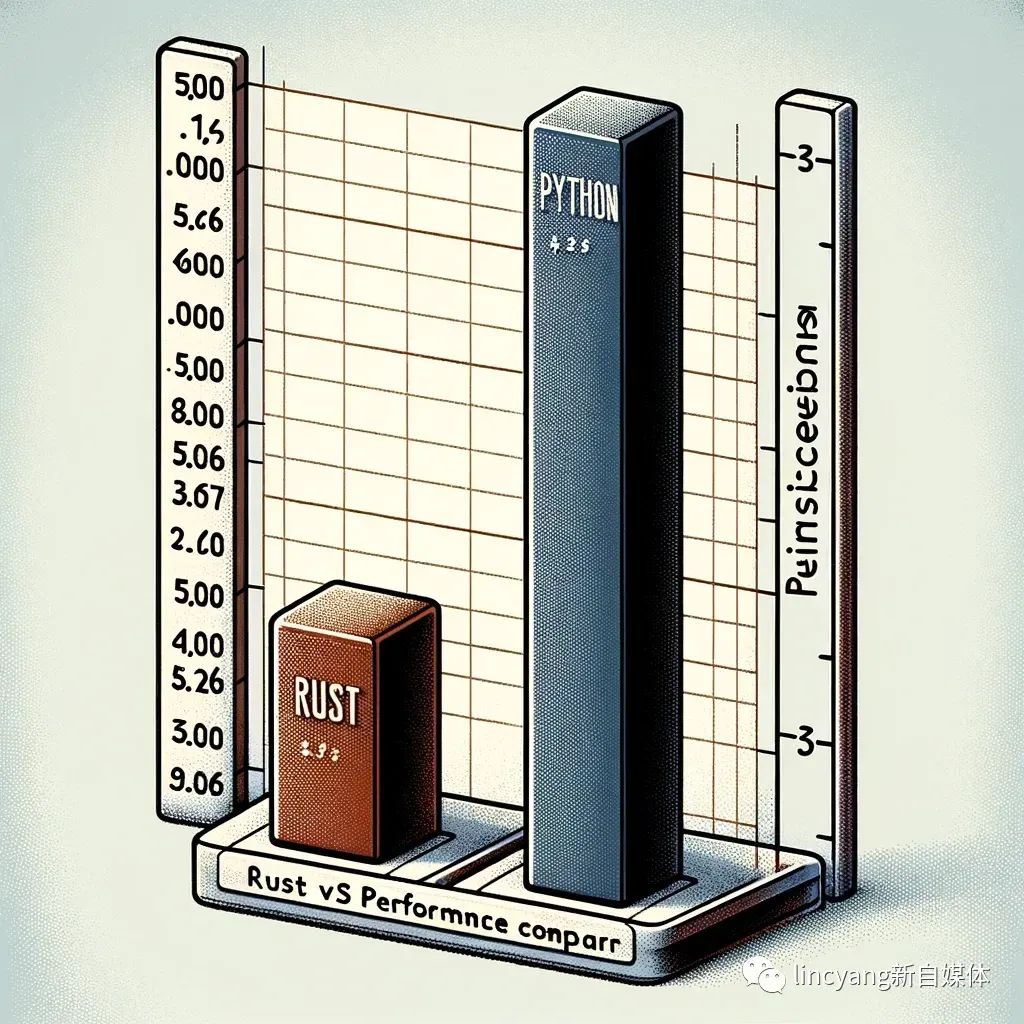今天,我們將深入探討Rust語言與其他編程語言比較的優勢,并通過具體的代碼示例和性能數據來加深理解。
Rust與其他語言的比較
1. 內存安全性
-
Rust:采用所有權系統,編譯器在編譯時檢查內存安全。 -
C++:需要程序員手動管理內存。
示例比較
-
Rust fn mAIn() {
let v = vec![1, 2, 3, 4];
let v1 = &v;
let v2 = &v;
println!("{:?} {:?}", v1, v2); // 安全并發訪問
} -
C++ #include <IOStream>
#include <vector>
using namespace std;
int main() {
vector<int> v = {1, 2, 3, 4};
int* p1 = &v[0];
int* p2 = &v[0];
cout << p1[0] << " " << p2[0] << endl; // 潛在的并發問題
}
2. 并發處理
-
Rust:提供無數據競爭的并發編程。 -
JAVA:并發處理依賴于線程和鎖。
示例比較
-
Rust use std::thread;
fn main() {
let handle = thread::spawn(|| {
println!("Hello from a thread!");
});
handle.join().unwrap();
} -
Java public class Main {
public static void main(String[] args) {
Thread thread = new Thread(() -> {
System.out.println("Hello from a thread!");
});
thread.start();
try {
thread.join();
} catch (InterruptedException e) {
e.printStackTrace();
}
}
}
3. 性能
-
Rust:接近C/C++的性能,直接編譯為機器碼。 -
Python/ target=_blank class=infotextkey>Python:通過解釋器運行,性能相對較低。
性能測試數據
-
任務:計算1到10,000,000的整數之和。 -
Rust實現:總用時約1毫秒。 -
Python實現:總用時約500毫秒。







